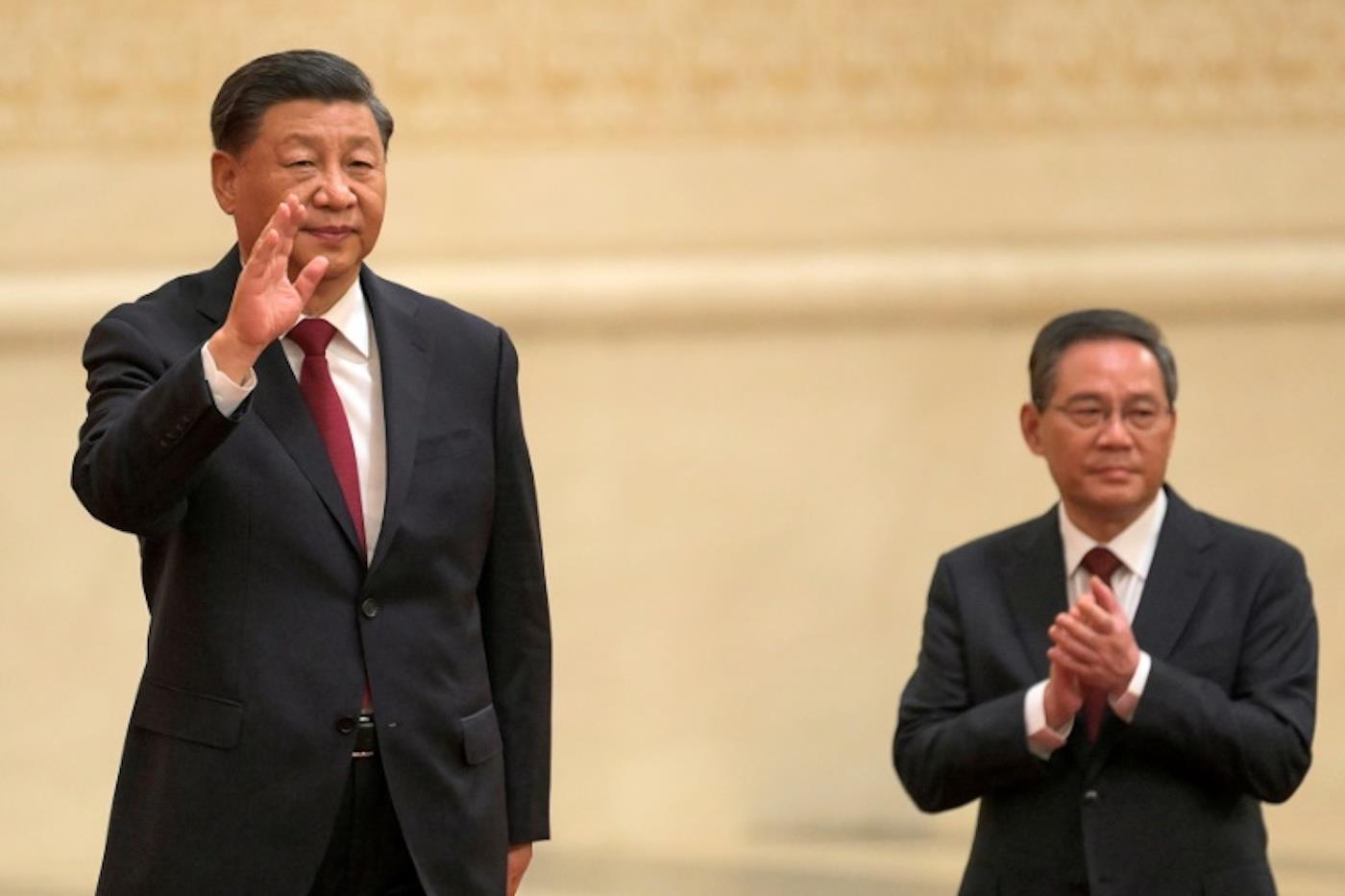(MENAFN- Asia Times) Among the wackiest things to come from Donald Trump's mouth recently is the former US president trying to take credit for China's US$7 trillion stock reckoning.
“I mean, look, the stock market almost crashed when it was announced that I won the Iowa primary in a record,” Trump told Fox News on February 11.“And then when I won New Hampshire, the Stock market went down like crazy.”
In reality, China's spectacular stock rout has been playing out since 2021, well after Joe Biden moved into the White House. But there is one investor crowd taking notice of the growing odds Asia might soon be grappling with a Trump 2.0 presidency: currency traders.
Trump's threats to impose tariffs exceeding 60% on Chinese goods has the cost of hedging the yuan soaring to the highest levels since 2017.
In China,“the most frequently asked questions among local investors include implications for China should Donald Trump become the next US president,” says Goldman Sachs economist Maggie Wei after a series of recent meetings with mainland mutual funds, private equity funds and asset managers.
Even today, well before Trump might have a chance to shake up global trade anew,“the outlook for trade flows going forward is likely one of moderation,” says Rubeela Farooqi, economist at High Frequency Economics. The downshift is thanks to“expectations of slower demand and growth going forward, both domestically and abroad.”
The specter of a supersized trade war is the last thing the global economy needs as 2024 unfolds. Any added headwinds from the West would compound the domestic troubles that have knocked Chinese stocks sharply lower, namely a deepening property crisis , weak retail sales, sputtering manufacturing activity and deflationary forces.
The threat of significantly higher taxes on Chinese-made goods destined for the US could slam business and household confidence. Executives might be even less inclined to add new jobs at a moment when youth unemployment is at record highs.
Trade war worries also might make China Inc less willing to fatten paychecks. This could imperil President Xi Jinping's hopes of recalibrating economic engines toward a consumer demand-led growth model.
It also could lead to a big spike in exchange rate volatility and put downward pressure on the yuan. That's precisely what Xi and Premier Li Qiang don't want in 2024. For one, it could increase default risks of property developers with offshore debt. For another, it could set back Xi's success to date in deleveraging the financial system .

Chinese President Xi Jinping and Premier Li Qiang in a file photo. Image: NTV / Screengrab
Then there's the upcoming US election. The one thing on which President Joe Biden's Democrats and Republicans loyal to Donald Trump agree on is being tough on China. And a weaker yuan falling ahead of the November 5 contest could provoke Washington in unpredictable ways.
MENAFN13022024000159011032ID1107845574
Legal Disclaimer:
MENAFN provides the information “as is” without warranty of any kind. We do not accept any responsibility or liability for the accuracy, content, images, videos, licenses, completeness, legality, or reliability of the information contained in this article. If you have any complaints or copyright issues related to this article, kindly contact the provider above.